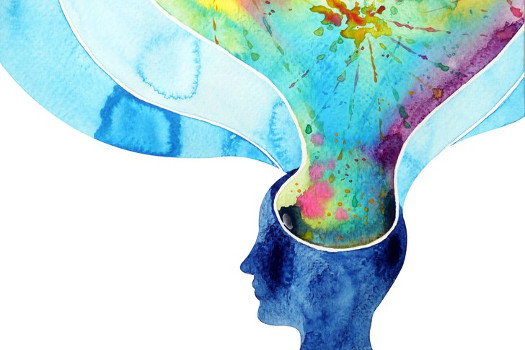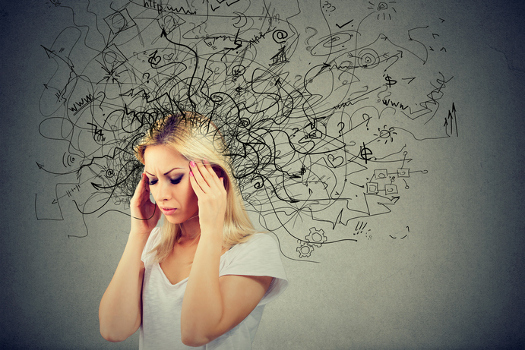WE’VE GOT DEPRESSION ALL WRONG
For generations, we have seen depression as an illness, an unnecessary deviation from normal functioning. It’s an idea that makes sense because depression causes suffering and even death. But what if we’ve got it all wrong? What if depression is not an aberration at all, but an important part of our biological defense system?
More and more researchers across specialties are questioning our current definitions of depression. Biological anthropologists have argued that depression is an adaptive response to adversity and not a mental disorder. In October, the British Psychological Society published a new report on depression, stating that “depression is best thought of as an experience, or set of experiences, rather than as a disease.” And neuroscientists are focusing on the role of the autonomic nervous system (ANS) in depression. According to the Polyvagal Theory of the ANS, depression is part of a biological defense strategy meant to help us survive.
The common wisdom is that depression starts in the mind with distorted thinking. That leads to "psychosomatic" symptoms like headaches, stomachaches, or fatigue. Now, models like the Polyvagal Theory suggest that we’ve got it backward. It’s the body that detects danger and initiates a defense strategy meant to help us survive. That biological strategy is called immobilization, and it manifests in the mind and the body with a set of symptoms we call depression.
When we think of depression as irrational and unnecessary suffering, we stigmatize people and rob them of hope. But when we begin to understand that depression, at least initially, happens for a good reason we lift the shame. People with depression are courageous survivors, not damaged invalids.
Laura believes that depression saved her life. Most of the time her father only hurt her with words, but it was when she stood up to him that Laura’s dad got dangerous. That’s when he’d get that vicious look in his eyes. More than once his violence had put Laura’s life at risk.
Laura’s father was so perceptive, that he could tell when she felt rebellious on the inside even when she was hiding it. And he punished her for those feelings.
It was the depression that helped Laura survive. Depression kept her head down, kept her from resisting, helped her accept the unacceptable. Depression numbed her rebellious feelings. Laura grew up at a time where there was no one to tell, nowhere for her to get help outside her home. Her only strategy was to survive in place. And she did.
Looking back, Laura does not regret her childhood depression. She values it. Going through her own healing process and working with her therapist helped her see how depression served her.
Laura’s story is stark. It’s ugly. And it helps us understand that even though depression may happen for a good reason, that does not make it a good thing. Laura suffered deeply and describes the pain of her hopelessness vividly. Her depression was a bad experience that started as the last resort of a good biological system.
Depression Starts with Immobilization
According to the Polyvagal Theory, discovered and articulated by neuroscientist Stephen Porges, our daily experience is based on a hierarchy of states in the autonomic nervous system. When the ANS feels safe, we experience a sense of well-being and social connection. That’s when we feel like ourselves.
But the autonomic nervous system is also constantly scanning our internal and external environment for signs of danger. If our ANS detects a threat or even a simple lack of safety, its next strategy is the fight or flight response which we often feel as anxiety.
Sometimes the threat is so bad or goes on for so long, that the nervous system decides there is no way to fight or to flee. At that point, there is only one option left: immobilization.
The immobilization response is the original biological defense in higher animals. This is the shutdown response we see in reptiles. Also known as the freeze or faint response, immobilization is mediated by the dorsal vagus nerve. It turns down the metabolism to a resting state, which often makes people feel faint or sluggish.
A pediatrician and writer, Dr. Escalante is on a mission to help parents out of the Shouldstorm that disconnects them from their kids. She is raising her own rambunctious boys.





